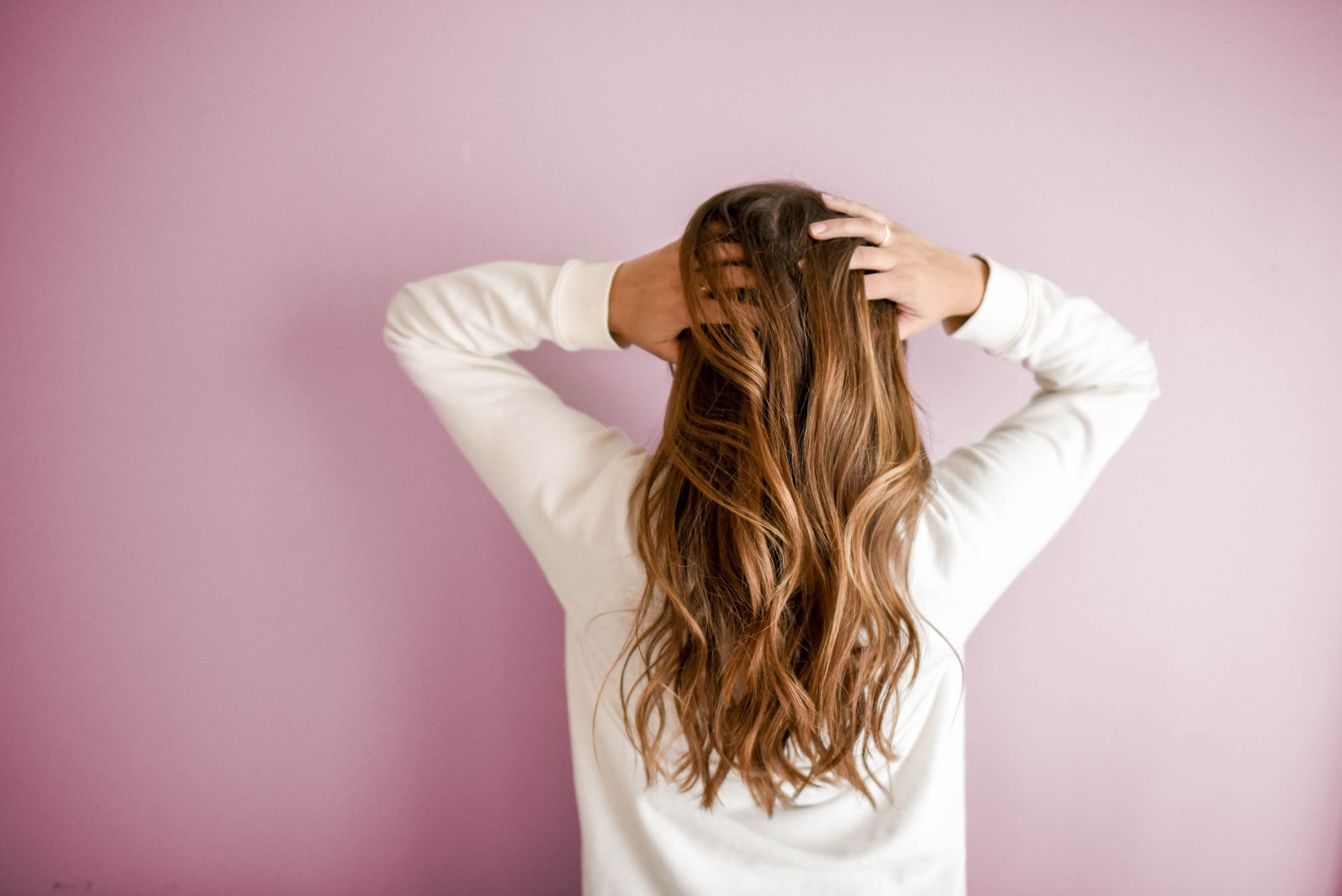Hair is not merely an aesthetic feature; it serves various functions, from protection against UV radiation to regulating body temperature. However, the issue of hair loss, scientifically known as alopecia, is a common concern for many individuals. Understanding the science behind hair loss and scalp health is the key to addressing these concerns effectively.
In this comprehensive exploration, we will delve into the intricate world of hair biology, the factors contributing to hair loss, and essential strategies for maintaining a healthy scalp.
The Biology of Hair Growth
Hair growth is a dynamic and cyclical process governed by a combination of genetic, hormonal, and environmental factors. Each hair strand undergoes a continuous cycle consisting of three phases: anagen (growth), catagen (transition), and telogen (resting). Understanding this cycle is crucial for grasping the complexities of hair growth.
Anagen Phase
The anagen phase is the active growth period, lasting anywhere from two to seven years. During this phase, cells in the hair follicles divide rapidly, leading to the production of new hair. The length of the anagen phase largely determines the length of an individual’s hair.
Catagen Phase
The catagen phase is a transitional period that lasts for about two weeks. During this phase, hair growth slows down, and the hair follicle shrinks. This marks the end of active hair growth.
Telogen Phase
The telogen phase is the resting phase, lasting around three months. At this stage, the hair strand is fully formed but not actively growing. After the telogen phase, the hair follicle re-enters the anagen phase, and the cycle begins anew.
Factors Contributing to Hair Loss
1. Genetic Predisposition
Genetics play a significant role in determining hair loss patterns. If individuals have a family history of hair loss, they may be genetically predisposed to conditions such as androgenetic alopecia (pattern baldness).
2. Hormonal Changes
Hormones play a crucial role in hair growth. Changes in hormonal levels, such as those occurring during puberty, pregnancy, and menopause, can impact the hair growth cycle. Conditions like polycystic ovary syndrome (PCOS) can also lead to hormonal imbalances affecting hair health.
3. Nutritional Deficiencies
Adequate nutrition is essential for maintaining healthy hair. Deficiencies in vitamins and minerals, such as iron, zinc, and vitamin D, can contribute to hair loss. A well-balanced diet is crucial for supporting the active growth of hair follicles.
4. Environmental Factors
Exposure to environmental stressors, including pollution, harsh chemicals, and UV radiation, can negatively impact hair health. Protecting your hair from these external factors is vital for maintaining its strength and vitality.
5. Scalp Conditions
Various scalp conditions, such as dandruff, psoriasis, and dermatitis, can affect the health of hair follicles. Treating these conditions promptly is essential to prevent potential damage to the hair.
Strategies for Maintaining a Healthy Scalp and Preventing Hair Loss
1. Balanced Nutrition
Ensuring a diet rich in vitamins, minerals, and proteins is fundamental for healthy hair. Include foods like leafy greens, nuts, seeds, fish, and lean meats to provide essential nutrients for hair growth.
2. Scalp Hygiene
Maintaining a clean scalp is crucial for preventing conditions like dandruff and promoting healthy hair. Use a mild shampoo suitable for your hair type and avoid excessive washing, which can strip the scalp of natural oils.
3. Stress Management
Chronic stress can contribute to hormonal imbalances, impacting hair growth. Using stress-reducing practices such as meditation, yoga, or regular exercise can positively influence scalp health.
4. Gentle Hair Care Practices
Avoid harsh hair care practices such as tight hairstyles, excessive heat styling, and chemical treatments. These practices can lead to damage and breakage, compromising the overall health of your hair.
5. Professional Guidance
Consulting with a dermatologist or trichologist (hair and scalp specialist) can provide personalized insights into your specific hair and scalp needs. They can recommend appropriate treatments and products tailored to your individual requirements.
Conclusion
Understanding the science of hair loss and scalp health empowers individuals to take proactive steps in caring for their hair. From the intricate biology of hair growth to the factors contributing to hair loss, this knowledge serves as a foundation for effective hair care strategies. By adopting a holistic approach that encompasses balanced nutrition, scalp hygiene, stress management, gentle hair care practices, and seeking professional guidance when needed, individuals can promote a thriving scalp and maintain luscious, healthy hair.
FAQs
Q1: Can hair loss be reversed?
The ability to reverse hair loss depends on the underlying cause. Genetic factors may limit reversibility, but addressing issues like nutritional deficiencies or hormonal imbalances can lead to improvement.
Q2: How often should I wash my hair for optimal scalp health?
The frequency of hair washing depends on individual hair type and lifestyle. Generally, washing every 2-3 days is suitable for most people. Overwashing can strip the scalp of natural oils, leading to dryness.
Q3: Are there natural remedies for promoting hair growth?
Some natural remedies, such as massaging the scalp with essential oils like peppermint or rosemary, may promote blood circulation and support hair growth. However, it’s essential to consult with a professional before relying solely on natural remedies for severe hair loss concerns.



